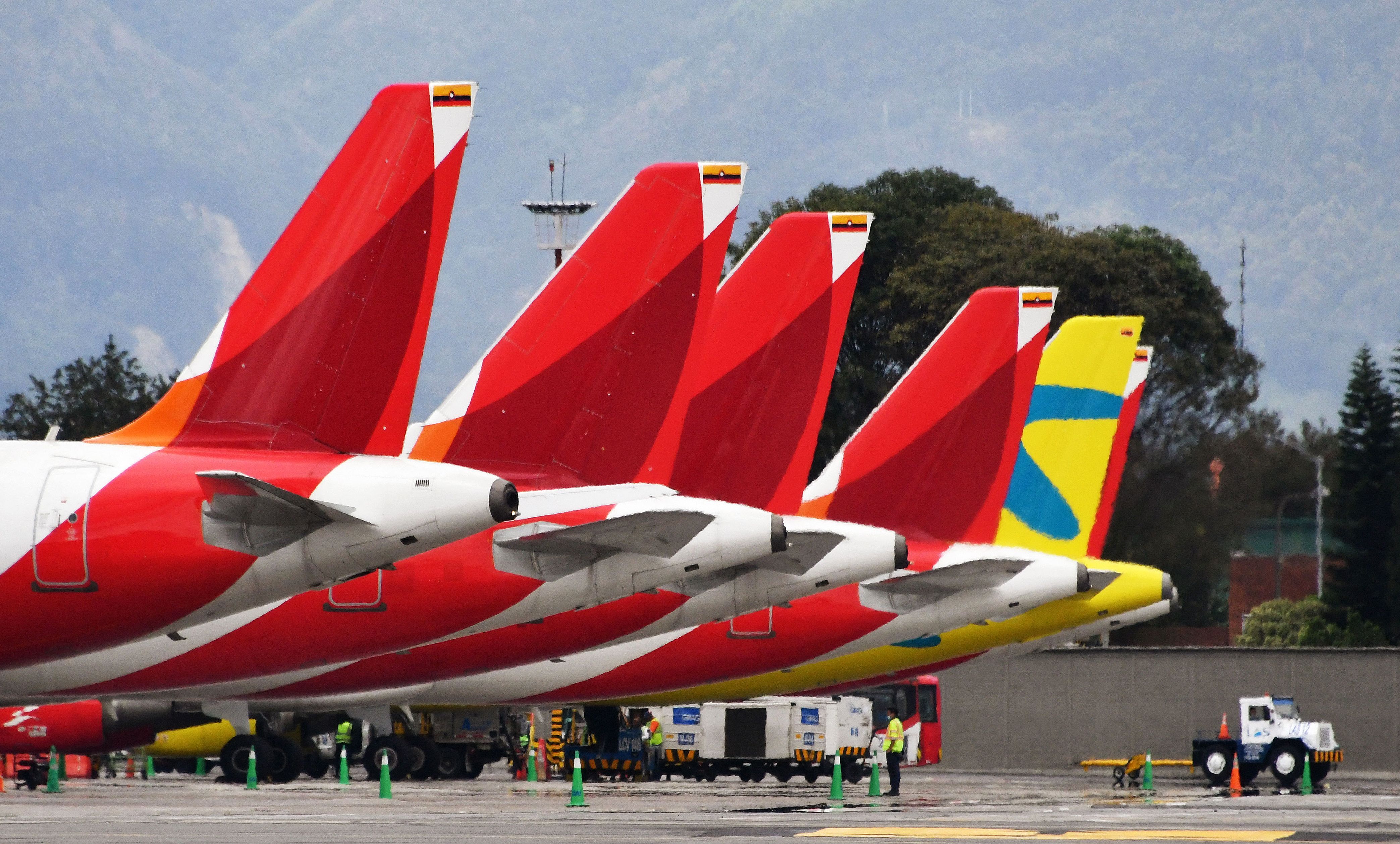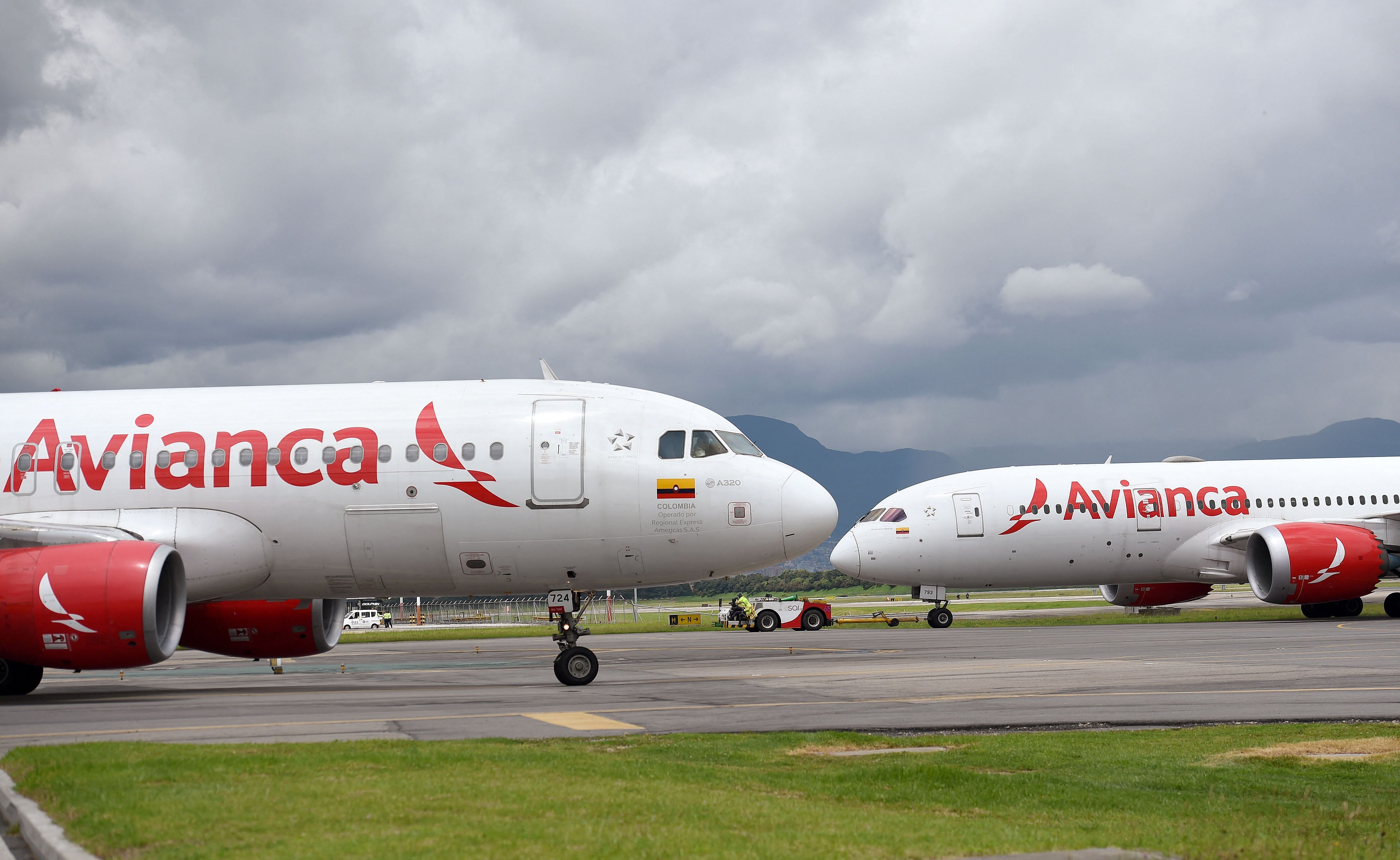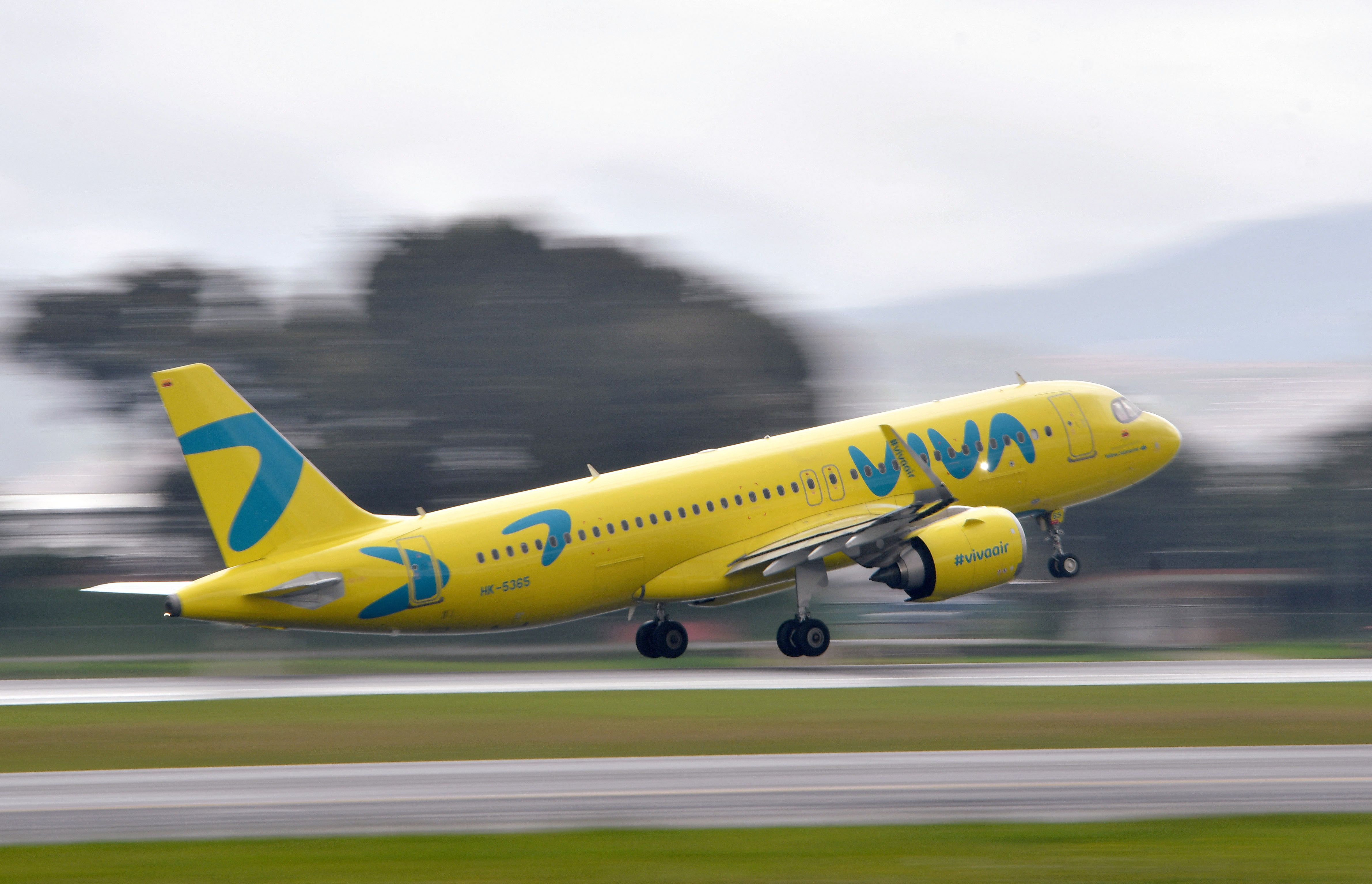The Colombian civil aviation authority has rejected the Avianca and Viva proposal to merge, saying that it represents a risk to the competition and well-being of the consumers. According to Avianca, this rejection does not represent a blow to the plans of the Abra Group Limited, a holding that plans to encompass these two airlines plus GOL Linhas Aéreas in Brazil.
The merger rejected
On Tuesday, Colombia’s Aeronáutica Civil announced that it had concluded that the integration between Avianca, Viva Colombia, and Viva Peru “poses risks to competition in the sector and consumer welfare.” It added that if the proposed integration were allowed, it would generate or reinforce market power in favor of the integrated entity.
On August 8, 2022, Avianca and Viva submitted their plan to integrate, stating that the merger was critical to allow Viva’s survival since the airline was facing financial pressure due to global economic uncertainty.
Find the latest South American aviation news here.
The merger between Avianca and Viva is not related to Avianca's plan to launch a bigger South American holding called Abra Group Limited, the Colombian said in a statement. This holding expects to join Avianca and GOL Linhas Aéreas (plus Viva Colombia and Viva Peru, under the Avianca umbrella and a small minority interest in Chile's Sky Airline), and the shareholders are looking to move forward with this project. The airlines will maintain their brands and identities separately.
Why was it rejected?
Aeronáutica Civil gave seven reasons to reject the merger between Avianca, Viva Colombia, and Viva Peru.
The first of these reasons is that the integration would only reinforce the market power of Avianca and Viva. These two carriers currently participate in 59 domestic routes, mobilizing 93.7% of the country’s domestic traffic.
Moreover, this holding would have 100% participation –essentially a monopoly– in 16 domestic routes. Aerocivil stated that “in terms of free competition, (the merger) would mean a setback and a return to levels not seen in the country for more than seven years” because Viva has energized competition in the sector, becoming a valuable alternative for regional consumers, and the merger would mean its disappearance as an independent competitor.
In the past few months, several airlines –led by the ultra-low-cost competitor Ultra Air– raised their voices against the merger.
If they want the merger to be approved in the future, Avianca and Viva have to propose remedies and commitments that identify, isolate, or eliminate the anticompetitive effects of the integration.
What are Viva and Avianca saying?
Viva released a statement on Tuesday saying that it was surprised by the decision taken by the Colombian civil aviation authority. The carrier added that the integration of both companies would have meant “a backing to the continuity of the low-cost model in the region.”
The airline, led by Félix Antelo, will review the alternatives presented by the Colombian authorities. In the meantime, the airline will keep on operating, as it has done in the last decade, despite the economic uncertainty currently impacting its business.
Avianca said that it is concerned about the decision made by the Colombian authorities. It added that the request was seeking to protect passengers and jobs, boosting connectivity in the country. Adrian Neuhauser, President and CEO of Avianca stated,
"We are concerned about the direction of the decision, as it goes against the needs of the country and ignores the potential effect that the disappearance of Viva would have on users and the market. From Avianca we reiterate our willingness to actively participate in the rescue of Viva, seeking to maintain connectivity for travelers, strengthen tourism and preserve formal employment."
Did you expect Colombia to reject the merger proposal from Avianca and Viva? Let us know in the comments below.



